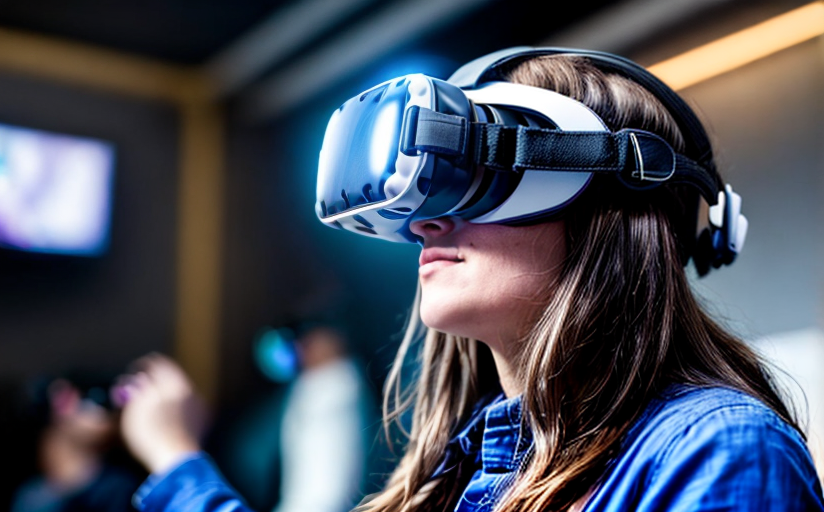Exploring the Role of Virtual Reality in Revolutionizing the Entertainment Industry
As a seasoned technology enthusiast and industry analyst, it has been intriguing to follow the unprecedented advancements within the entertainment sector, particularly the innovation and transformative nature of Virtual Reality (VR). The transformative power of virtual reality not only reshapes gaming experiences, but also revolutionizes cinema, live events, and various other forms of entertainment.
The Evolution and Impact of VR in the Entertainment Industry
The VR technology, tracing its roots back to the Sensorama simulator of the 1960s, has undergone a dramatic evolution. Over the years, the realm has seen significant improvements, from rudimentary headsets to sophisticated, sensor-heavy gear designed to provide a fully immersive experience. In gaming, titles such as Half-Life: Alyx have shown the full potential of VR by offering a level of player immersion and interaction unparalleled by traditional gaming platforms. Cinema too has embraced VR, offering 360-degree films that transport viewers into the heart of the action. Live events such as sports or concerts have also started providing VR experiences, allowing viewers worldwide to virtually attend and experience events like never before.
Current State and Potential Future Growth of VR
At present, VR technology is already widely adopted in the entertainment sector and its growth trajectory suggests an even greater uptake in the coming years. As per a Market Research Future report, the global VR in the entertainment market is projected to reach USD 70 Billion by 2023. Continued advancements in computing power, graphics technology, and VR software development will likely feed this growth.
Challenges Facing VR Development
Certain obstacles such as high equipment costs, the need for powerful hardware, motion sickness, and the physical space required for a full VR experience could hinder the widespread adoption of VR. However, many industry players are working tirelessly to overcome these challenges, suggesting a promising future for VR in entertainment.
Implications for Consumers and the Entertainment Industry
For consumers, VR technologies offer a level of immersion and interactivity that is virtually unparalleled. However, the impact of VR goes beyond just improving user experience; it has the potential to fundamentally change how content is created and consumed, opening exciting new possibilities for the entire entertainment industry.
Successful VR Applications and Future Scope
Successful applications of VR in the entertainment industry are not hard to find. For instance, VOID VR combines physical environments with VR, enabling users to walk through their favorite movie settings. On the other hand, PlayStation VR has made strides in bringing VR gaming to the mainstream. As VR technology continues to mature, we can anticipate its convergence with other forms of media, the rise of social VR platforms, and even the possibility of VR becoming the standard mode of content consumption.
The future of VR in the entertainment industry, while not without challenges, looks promising indeed.
















Comments
Leave a Comment